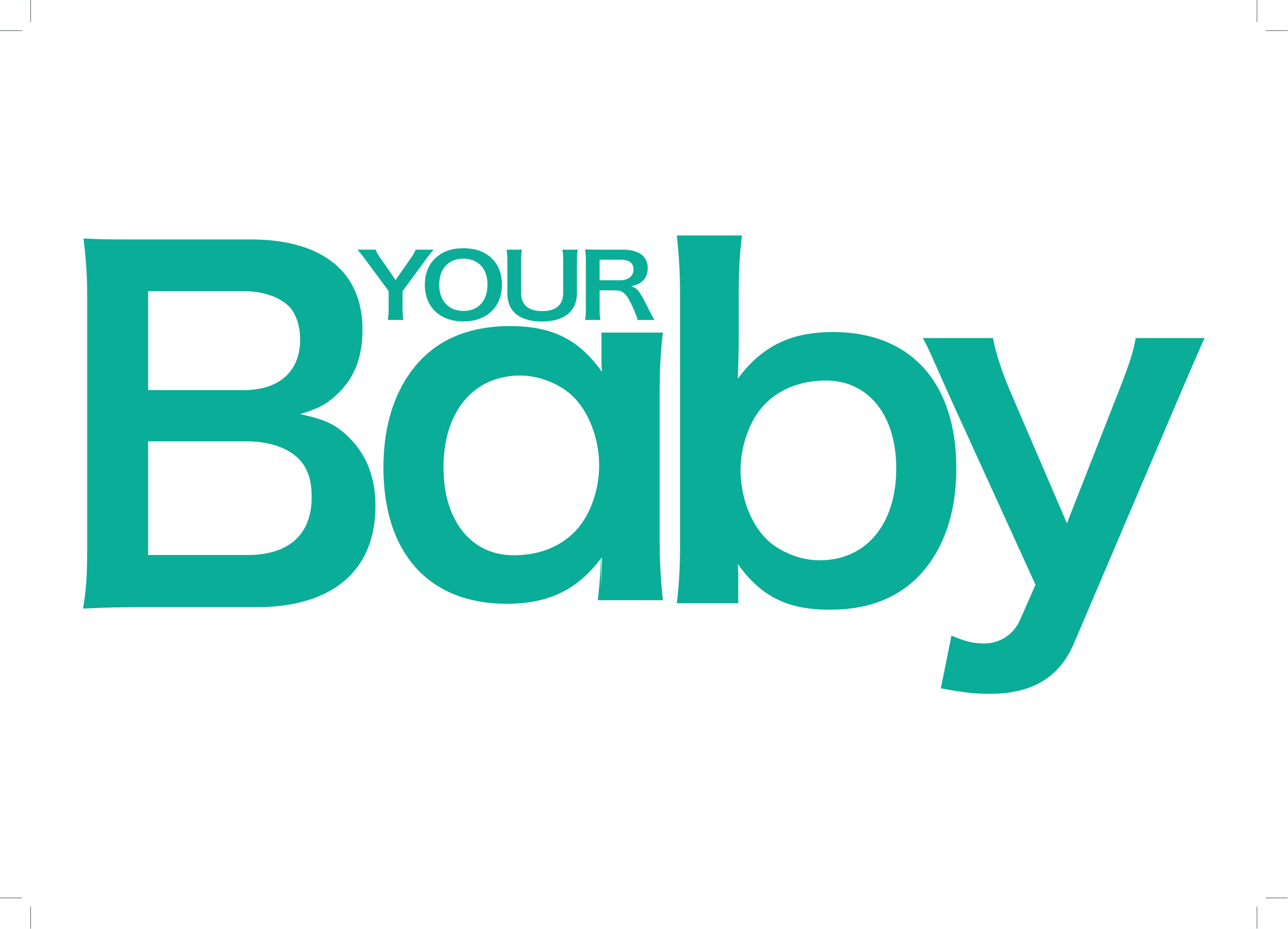Breastmilk remains one of the pillars of child survival around the world. The World Health Organization recently completed a study in the developing world which showed that in the first 2 months of life, infants who had not been breastfed were 6 times more likely to die than those who were.
The Human Milk Bank Association was formed in March 2008 to oversee milk banking in the country and has received international attention. The association was formed by Professor Anna Coutsoudis and her colleagues. She also started the iThemba Lethu Breastmilk Bank —the first breastmilk bank in South Africa (founded in 2001), and still the only community-based breastmilk bank in the world established to feed AIDS orphans.
Anna is a Professor of Paediatrics at the University of KwaZulu-Natal Medical School in Durban and has done much of the research worldwide into HIV and breastfeeding. Her vision is to see many more community-based Breast Milk Banks starting up in communities across South Africa.
Breastmilk contains many immune factors irreplaceable for immune-compromised babies, such as those with HIV. These immune factors neutralise viruses and bacteria, thereby preventing infections in infants; and have been proven to have lasting benefits throughout the child’s lifespan.
At iThemba Lethu, the small transition home in Manor Gardens where the Breast Milk Bank was born, it was found that those babies on breastmilk had fewer opportunistic infections, less diarrhoea and less eczema. They also gained weight and thrived.
iThemba Lethu supplies 12 orphaned or abandoned babies with breastmilk, making them healthy and well for adoption. Any excess breast milk is distributed to a number of other homes in the Cato Manor community for other babies abandoned because of HIV/AIDS.
Doners
The Breast Milk Bank currently recruits donor mothers through child birth educators, child health clinics, maternity hospitals, articles in the press and word of mouth, but it is a challenge to maintain a steady number of donors for a number of reasons.
The iThemba Lethu transition home has recently expanded the number of babies in its care from 6 to 12, and while this is a very positive step for the Cato Manor community, the challenge to find donor mothers to feed 6 more babies, and continue to provide breastmilk for others babies in the Cato Manor community, is becoming greater.
The process
Recruited donor mothers are visited in their homes, and a health/lifestyle screening is conducted. They are then left with bottles which they then fill and freeze. These bottles are collected and transported to the iThemba Lethua home, where they are pasteurised and then refrozen until they are needed for the babies.
The pasteurization process kills off viruses, bacteria— including HIV; but retains most of the immune properties which are so important.
To donate milk contact Penny Reimers on pennyreimers@wol.co.za or 082 701 3444.




 Publications
Publications
 Partners
Partners














